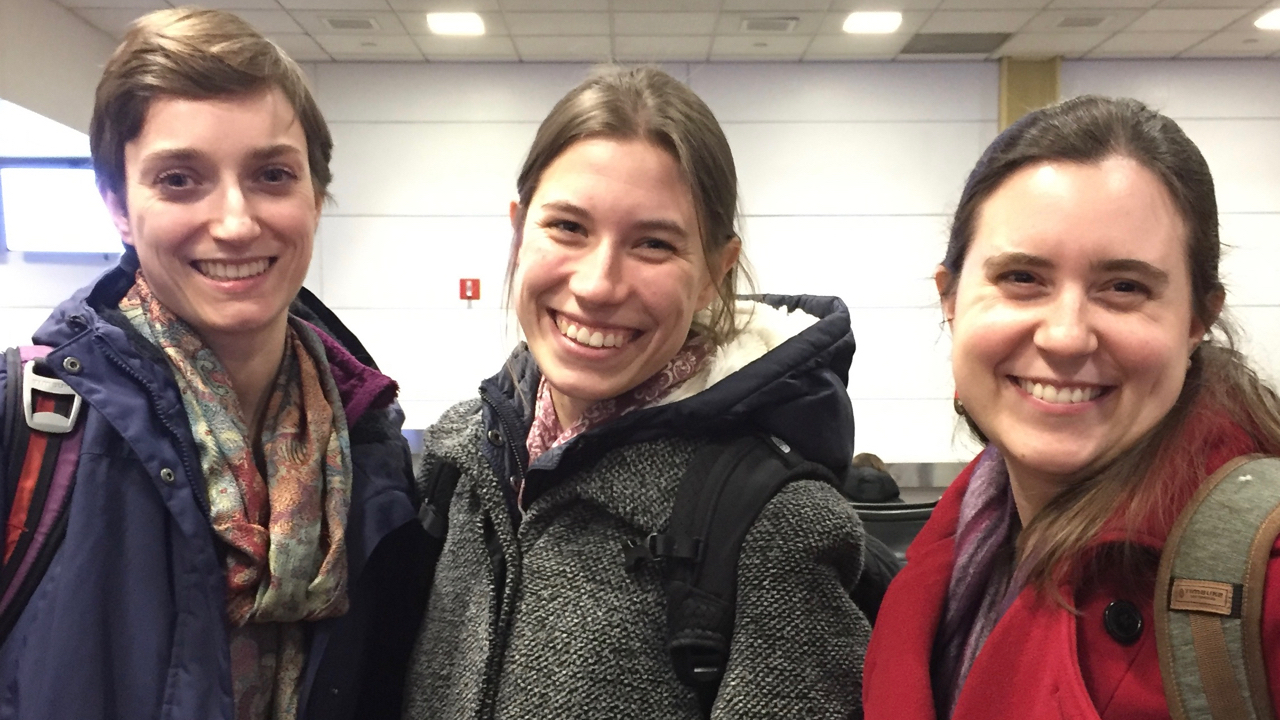Computational Cognitive Science - Kasia Hitczenko

Computational Cognitive Science - Kasia Hitczenko
Wednesday December 4, the Computational Cognitive Science meeting welcomes Kasia Hitczenko, from our Class of 2019. Kasia will be discussing recent work, abstracted below, collecting and analyzing natural data collected, not in a lab, but by equipping children in diverse parts of the world with an audio recorder. While at Maryland, Kasia wrote a dissertation on "How to use context for phonetic learning and perception from naturalistic speech," supervised by Naomi.
Over the first years of life, children’s speech vocalizations become increasingly adult-like both in their shape and phonetic properties, but much of what we know about this development comes from studying children learning English, using short speech samples elicited in lab environments. I'll discuss work that uses child-centered day-long recordings collected by equipping children around the world with an audio recorder as they went about a typical day, citizen science, and computational approaches to study how children's speech develops and what factors (e.g., syllabic complexity of input language(s)) do/don't influence this development.

